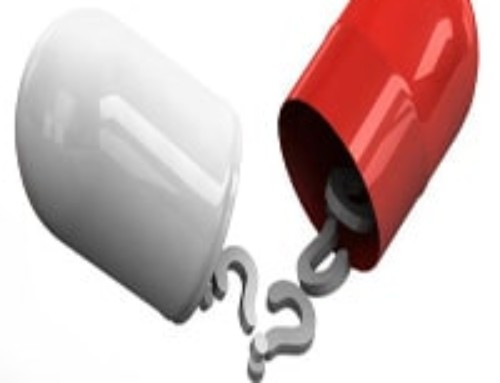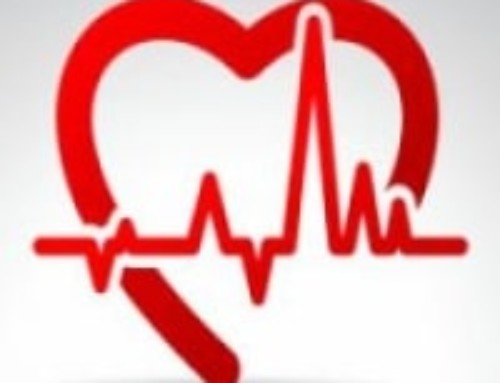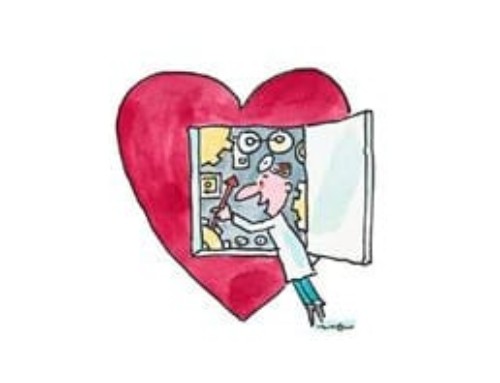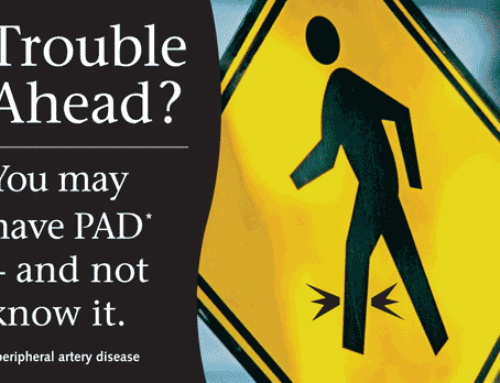Tracy Kornet
PLANO (CBS 11 / TXA21)CBS News
When someone has a heart attack the first thing medical professionals do is fight to save the heart. But that’s only half the battle. Now a North Texas doctor has created a new system that is giving patients a better chance at regaining their normal lives after nearly losing them. Looking at 41-year-old Julie Krumnow of Plano, it’s hard to tell she has a life-threatening condition. Just over two months ago, even she didn’t know. “Coming up to this, I had no issues whatsoever with my heart or my health at all.”
But on December 12, during a routine trip to the grocery store her entire life changed in an instant. “I lost consciousness and just fell down.” Krumnow suffered a massive heart attack right there in the store. “They said that I stopped breathing at that point.” Paramedics rushed to her side and were able to revive her, but they were concerned her lack of oxygen might have caused brain damage.
Dr. Mordecai Klein, a cardiologist at the Medical Center of Plano, teamed up with the Plano Fire Department five months ago to introduce a new procedure to help save cardiac patients like Krumnow. “The goal is to initiate the therapy as soon as possible.” Before they get to the hospital, paramedics force the patient into hypothermia, chilling the body to 93 degrees. It’s all in an effort to prevent brain damage “If we can intervene with the low temperature then this interrupts that process.” Battalion Chief Marty Wade says his paramedics use IV saline that is chilled to 33 degrees to start the process. It slows the metabolism and everything else down so the body is in kind of a less stress environment.
They add ice packs to the groin and underneath the armpit and administer a drug that prevents the body from shivering. “Their brain won’t need as much oxygen if their core temperatures are lowered.”
Once at the hospital and the heart attack is stopped the patient will remain in monitored hypothermia for two more days before being warmed back up. “The more we can do, the more people we can bring back to their families. She has two sons in this case, the more good we can do.”
The induced hypothermia worked for Julie Krumnow. She remembers everything except the day of her heart attack. “I have my memories, I have everything, and I’m very grateful.” She says she now owes her life and memories to Dr. Klein. “I think the quick action of everyone around me, the fact that the paramedics got to the store so quickly and they knew what to do and how to do it.”
Plano is the first city in North Texas doing induced hypothermia in the field on cardiac calls. The hope is that more fire departments will begin training soon.
For more information on Dr. Klein, click here.
[/fusion_builder_column][/fusion_builder_row][/fusion_builder_container]




